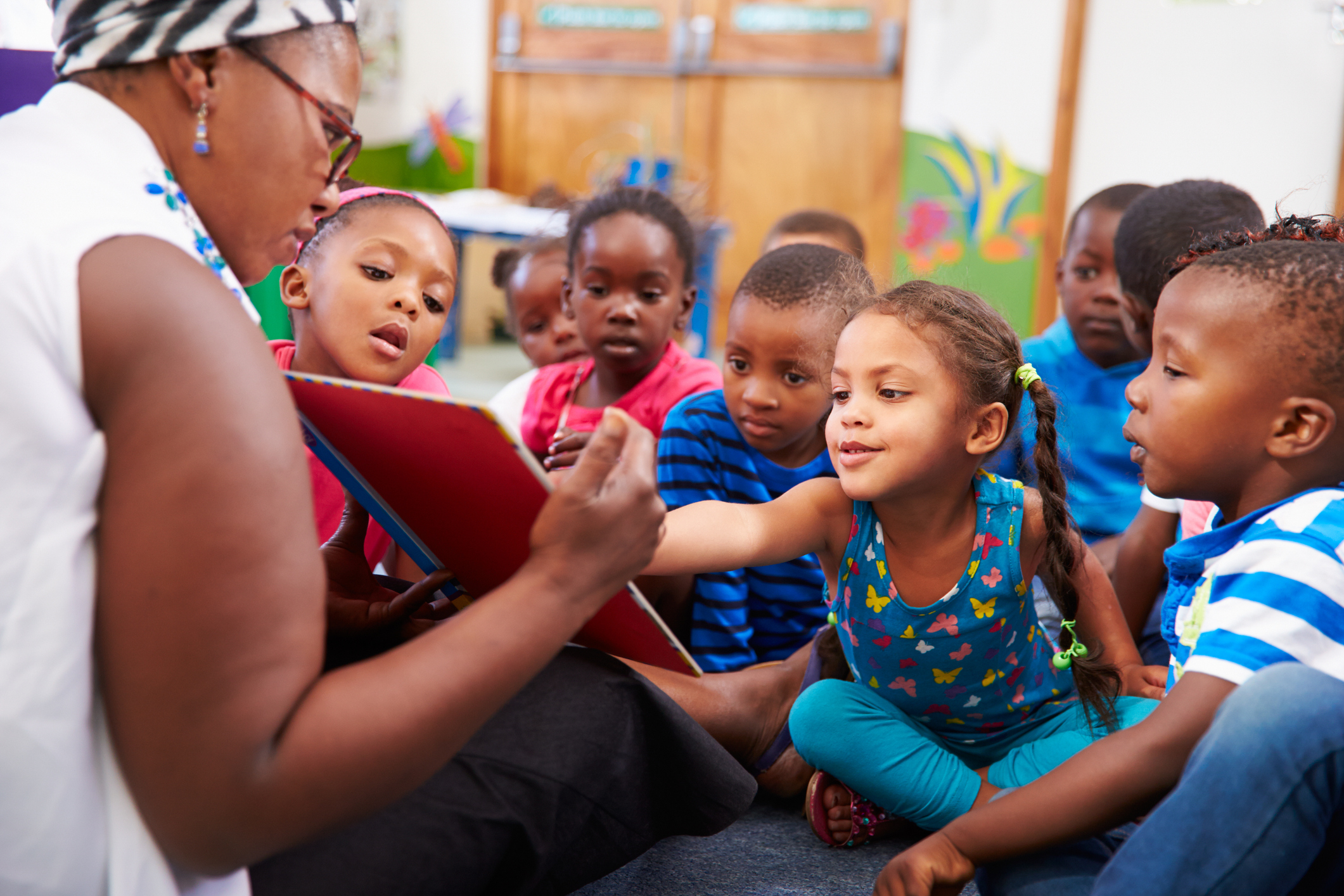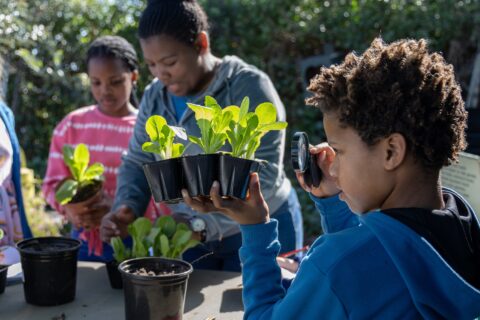Jacksonville, FL’s commitment to early literacy is one of the city’s most enduring and impactful priorities, spanning multiple mayoral administrations and evolving into a comprehensive community-wide effort. Since 2004, when then-Mayor John Peyton first identified literacy as a key focus, the City of Jacksonville has developed innovative approaches to engaging families, supporting the early childhood workforce and creating a culture that celebrates reading and early learning. What began as a strategy to stabilize families and prevent crime has grown into a multifaceted initiative that brings together government agencies, community organizations, media partners and families.
Jacksonville’s approach to early literacy is characterized by its inclusivity and emphasis on family and community engagement. Rather than viewing literacy narrowly as a school readiness issue, the City of Jacksonville has positioned it as a family-strengthening tool and community builder. Through the Kids Hope Alliance (KHA), the city implements programs that reach families where they are, focusing on making reading fun, accessible and central to family life. This strengths-based approach, which the city describes as focusing on “at-hope” rather than “at-risk” children, has created positive momentum and broad community buy-in.
The City of Jacksonville’s early literacy work is distinctive in its strategic use of mayoral leadership to elevate the importance of reading. Each administration has built upon previous efforts while adding its own emphasis. Mayor Peyton launched the Book Club and focused on getting books into homes, Mayor Curry initiated ReadJax to ensure grade-level reading and Mayor Deegan continues this legacy with River City Readers and a focus on tracking reading minutes. This consistency of purpose across political transitions demonstrates how early literacy has transcended politics to become a shared community value in working to make reading fun and cool for kids.
“Bring in as many partners as you can that will echo your message and then make it fun. Do everything you can to make it fun. Because for kids, that’s what it’s about.”
Here’s What They Did
- The City of Jacksonville’s Book Club initiative, started under Mayor Peyton, demonstrates the city’s early commitment to getting books into children’s homes. Understanding that many families had no books at home, the city began mailing books directly to families with four-year-olds throughout the City of Jacksonville. The initiative reached 10,000 members annually and was enhanced through a partnership with local television stations that featured Mayor Peyton reading books and other content related to the books being distributed, creating a multimedia experience for children and families. As the program evolved, the city adapted its distribution approach due to rising postage costs, incorporating book giveaways at community events and an annual literacy festival that brought families together to celebrate reading.
- Under Mayor Deegan, the City of Jacksonville has created a coordinated citywide literacy campaign that leverages multiple platforms and partnerships. The Mayor’s Office and KHA have organized community events and children’s author appearances throughout the city, while implementing a reading challenge through the Beanstack app that encourages children to read for 20 minutes daily. This digital tracking approach has proven highly successful, with participation exceeding goals and spurring the launch of a major summer reading kickoff in 2024. The campaign introduces competitive elements with prizes for schools and children who log the most reading minutes. A key innovation has been the strategic partnership with local media outlets, creating a unified voice across the city. Regular television appearances by city representatives provide updates on literacy initiatives, ensuring consistent messaging and broad awareness. This coordinated media campaign has been instrumental in ensuring that every family in the City of Jacksonville has an opportunity to get connected to literacy resources and supports.
Your Next Steps for Getting Started
- Map key partners across sectors, including city departments, media outlets and community organizations. The strength of early literacy initiatives comes from widespread collaboration.
- Create a consistent brand and messaging strategy for your early literacy initiative. Clear branding helps build recognition and deepen community buy-in and commitment. Develop a compelling logo, tagline and core messages that communicate the importance of early literacy.
- Establish multiple book distribution channels to reach diverse families. Consider direct mail programs, community event distributions and strategic placement in locations where families gather. Remember that getting books into homes that previously had none provides significant impact for relatively low cost.
- Develop digital tracking tools or adopt existing platforms like Beanstack to engage families and create friendly competition. Digital engagement can significantly extend your reach and provide valuable data on participation. Include incentives and recognition to motivate ongoing participation.
- Build relationships with local media partners who can amplify your literacy message. Journalists inherently understand the importance of literacy and can become valuable allies. Create a regular cadence of media appearances and updates to maintain visibility.
Helpful Tips for Ongoing Success
- Clearly educate people about available resources and create direct connections to support services. Literacy initiatives provide an entry point to connect families with other valuable programs. Train staff to make warm handoffs to related services when meeting families at literacy events.
- Use the mayor’s “bully pulpit” to consistently elevate the importance of early literacy. Regular public messaging from city leadership signals that literacy is a true priority. Ensure the community regularly hears about literacy initiatives through mayoral communications and appearances.
- Make literacy fun and celebratory through events, competitions and public recognition. Ensuring reading is seen as enjoyable rather than obligatory leads to an increase in participation. Consider annual festivals, author visits and public celebrations of reading achievements.
- Build sustainability by securing diverse funding sources and documenting outcomes through multiple administrations by demonstrating impact. Regularly collect and share data showing how early literacy efforts can make a difference for children and families.
- Engage the business community by connecting literacy to workforce development and economic prosperity. Framing early literacy as an economic development strategy can broaden support. Invite business leaders to participate in early literacy events and contribute resources.
- Recognize that transportation barriers may limit participation, especially in geographically large cities like the City of Jacksonville. Consider using bookmobiles, neighborhood-based events and technology solutions to reach families who cannot easily travel to central locations.
Explore the ‘Decades in the Making’ Early Childhood Toolkit
What happens when a local government chooses to prioritize young children, their families and the early childhood workforce for years at a time? That’s the question this new toolkit answers. Explore it to get practical insights and clear next steps to begin implementing proving policy wins in your community.









